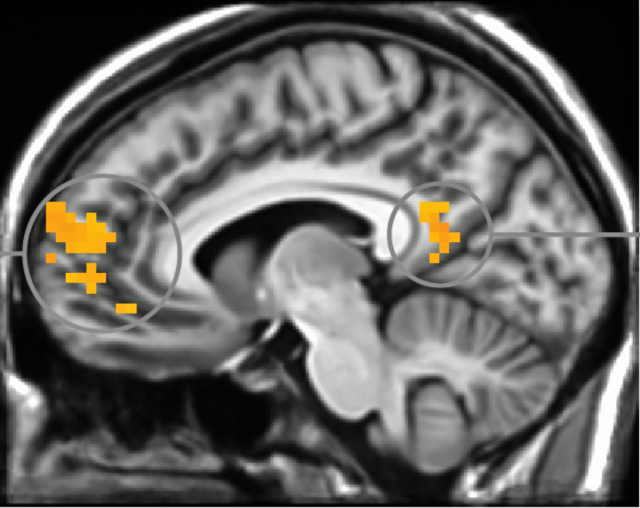
In Tononi’s opinion these axioms are self-evident. The IIT version 3.0, published in 2014, is based in five axioms 2: existence, composition, information, integration, and exclusion. Giulio Tononi, from University of Wisconsin, Madison, USA, proposed in 2004 such a theory, the so-called Integrated Information Theory (IIT) or theory, which states that consciousness is the amount of integrated information generated by a network of connected elements that causally relates sources of information, the so-called complex 1. In order to explain why some neurons in the brain are involved in consciousness and others are not a theory of consciousness is needed. However, there is still no consensus on whether any of these signs can be treated as reliable “signatures” of consciousness, but they are currently used to complement the behavioral assessment and diagnosis in patients. Popular NCC candidates in the two cerebral hemispheres include the strong activation of higher order frontoparietal cortices, the high frequency electrical activity in the gamma range (35-80 Hz), and the occurrence of an EEG event known as the P300 wave. These techniques are aimed to discover the relation between behavioral (BCC) and neural correlates of consciousness (NCC), the minimal behavioral and neural mechanisms that are jointly sufficient for any one conscious percept. In fact, the cerebellum has more neurons and appears to be as complicated as the cerebral cortex, but hardly affects consciousness, even after its complete removal.Ĭonsciousness in the brain of healthy adult can be assessed in laboratory experiments by combining behavioral reports with magnetoencephalography (MEG), functional brain imaging in magnetic scanners, or electroencephalography (EEG), high-density electrode recordings from outside the skull. However, some neuroscientists do not think that an artificial neural network (ANN) with a number of neurons as large as a human brain may be enough. Everyone recalls that IBM’s Deep Blue beat the chess world champion in 1997 and IBM’s Watson won the quiz show Jeopardy in 2011.


The sci-fi thriller Ex Machina (2015), directed by Alex Garland, has put into limelight the problem of consciousness: whether a machine can spontaneously develop a mind, mental states, and consciousness. A human brain (Allen Institute) and the IBM Blue Gene P supercomputer (Blue Brain Project).


 0 kommentar(er)
0 kommentar(er)
